Columbia University's Italian Academy Hosts Minister of Culture Dario Franceschini
Italian Minister of Cultural Heritage and Tourism, Dario Franceschini, casually conversed with the Director of Columbia University’s Italian Academy, David Freedberg, about Italy’s role in international cultural conservation and his ministry’s initiatives. Italian ambassador to the United States Armando Varricchio and Consul General of Italy in New York Francesco Genuardi were also present at the event.
The theme of the discussion was World Cultural Conservation, Italy at the Forefront: Innovation versus Constraints. The event was hosted by the Italian Academy, “a site dedicated to the promotion of advanced research in all areas relating to Italian society and the only one in the world that was created on the basis of an agreement between a nation, the Republic of Italy, and a university, Columbia University,” as David Freedberg remarked in his opening statement.
Cultural Reforms to Combat Terrorism
One of the major recent steps taken by Minister of Italian culture aims to fight terrorism by combating the destruction and looting of cultural treasures. “Italy was the first nation to sign an agreement with UNESCO for the establishment of a Task Force that deals with reinforcing the protection of cultural sites facing imminent threats, in Syria and across the Middle East,” Minister Franceschini said.
The Task Force, called "Unite for Heritage,” was launched in 2015 and seeks to protect cultural heritage and destroy the illicit trafficking of cultural objects. He illustrated how Heritage Sites are deliberately destroyed to undermine certain cultures, documented for propaganda and then looted to finance terrorism.
“World Heritage Sites belong to all humanity and, therefore, it is all humanity 's duty, to protect our shared heritage from destruction and trafficking” the Minister added.
To this point, Minister Franceschini addressed a new initiative that was undertaken with the Italian Carabinieri Art squad. A new smartphone app now allows users to create a personal profile, upload images of artwork they deem of suspicious provenance and access an existing database that keeps track of stolen works. “Italy manages one of the largest databases on stolen art in the world,” said the Minister.
Revolutionizing the way Cultural Heritage is Managed
Among the Ministry’s many initiatives, there is also the “Art-Bonus,” a new favorable tax credit for those–individuals or companies–who support the preservation of artistic and architectural heritage with charitable donations. While private philanthropy and corporate sponsorship are common in the United States, in Italy the government has usually been solely responsible for preserving and restoring historical sites, which is why many individuals are concerned that this might lead to commercialization.
The Art Bonus has already achieved positive results, such as a comprehensive restoration of the Roman Colosseum funded by Diego Della Valle, the chairman of Italian luxury brand Tod's.
To Freedberg’s question regarding the controversy surrounding Italian museums and the first-ever international search for museum directors, Minister Franceschini replied, “Italy has long failed to adapt to a system of innovation and has also lagged behind in valuing its patrimony.”He continued by addressing the appointment of foreign directors to some of Italy’s most prestigious museums, a decision that drew a lot of criticism.
“This controversy just demonstrates the backwardness of Italy,” the Minister said on the topic. He aims to make Italian museums function at their best, bringing them in line with the world’s top institutions, generating more revenue and thus, reviving Italy from a protracted recession.
Under the new international leadership, visiting a museum in Italy will no longer be simply about seeing the world’s most renowned collections, but also about the broader visitor experience, Franceschini claims.
It will be a lengthy process but Franceschini feels strongly about guiding the largest economic assets of Italy.






























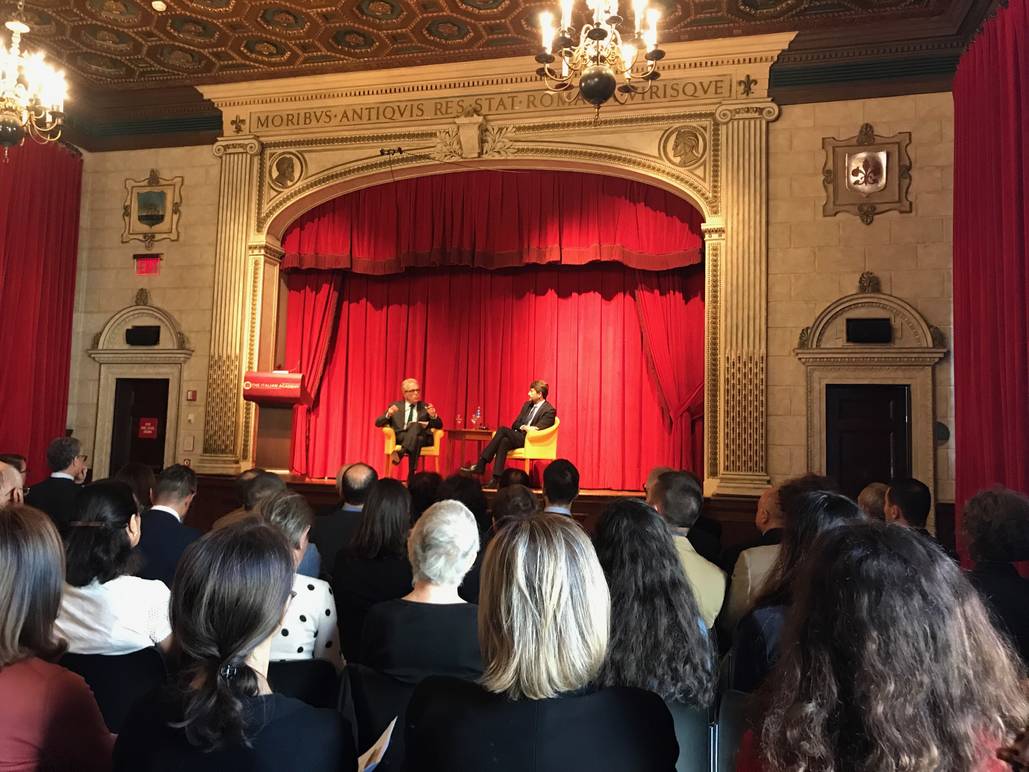
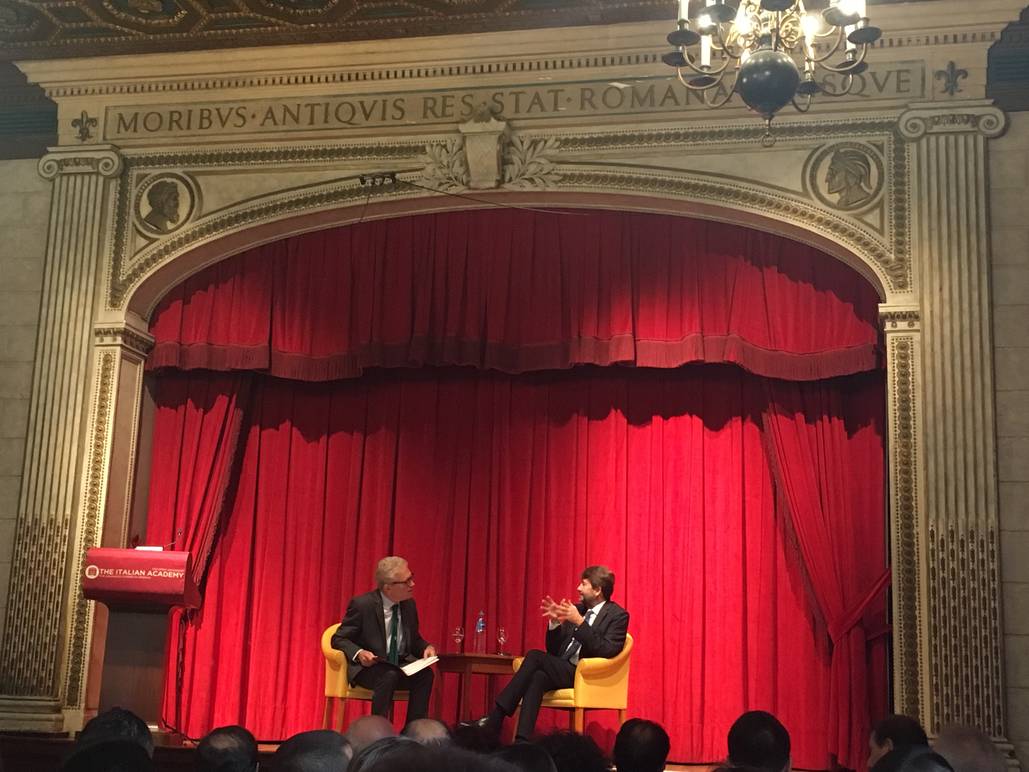
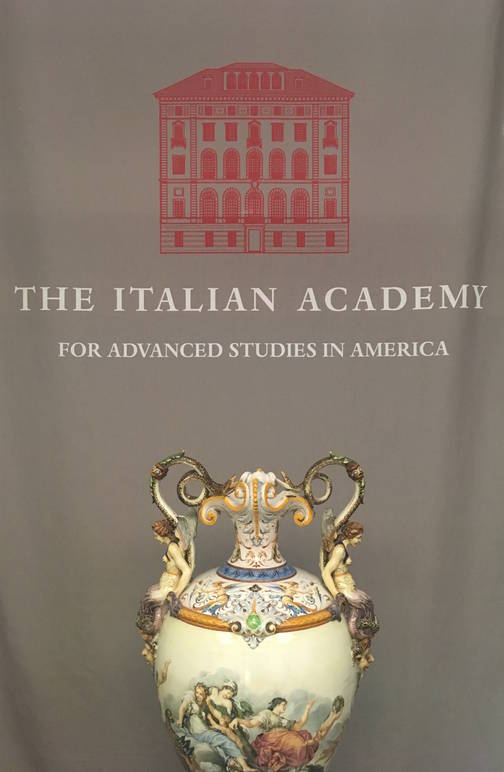
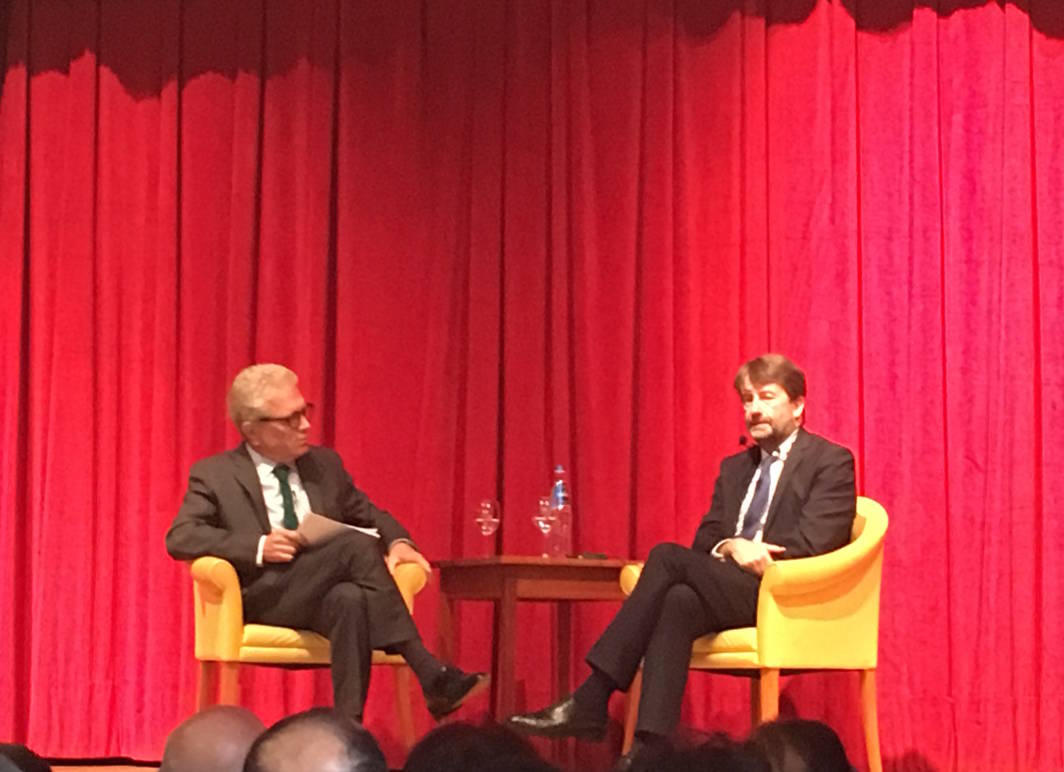

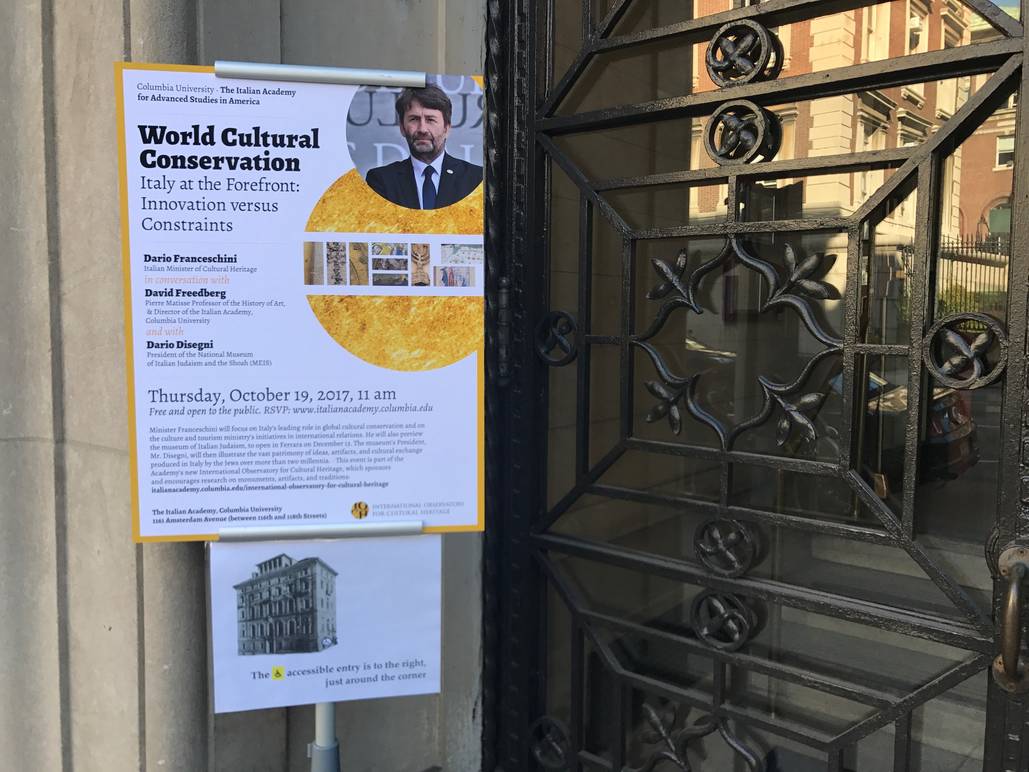
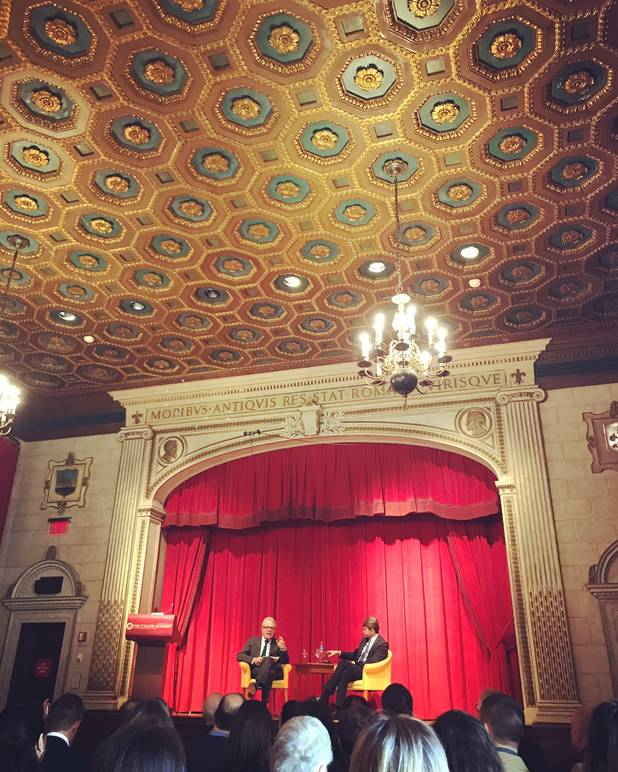



i-Italy
Facebook
Google+
This work may not be reproduced, in whole or in part, without prior written permission.
Questo lavoro non può essere riprodotto, in tutto o in parte, senza permesso scritto.